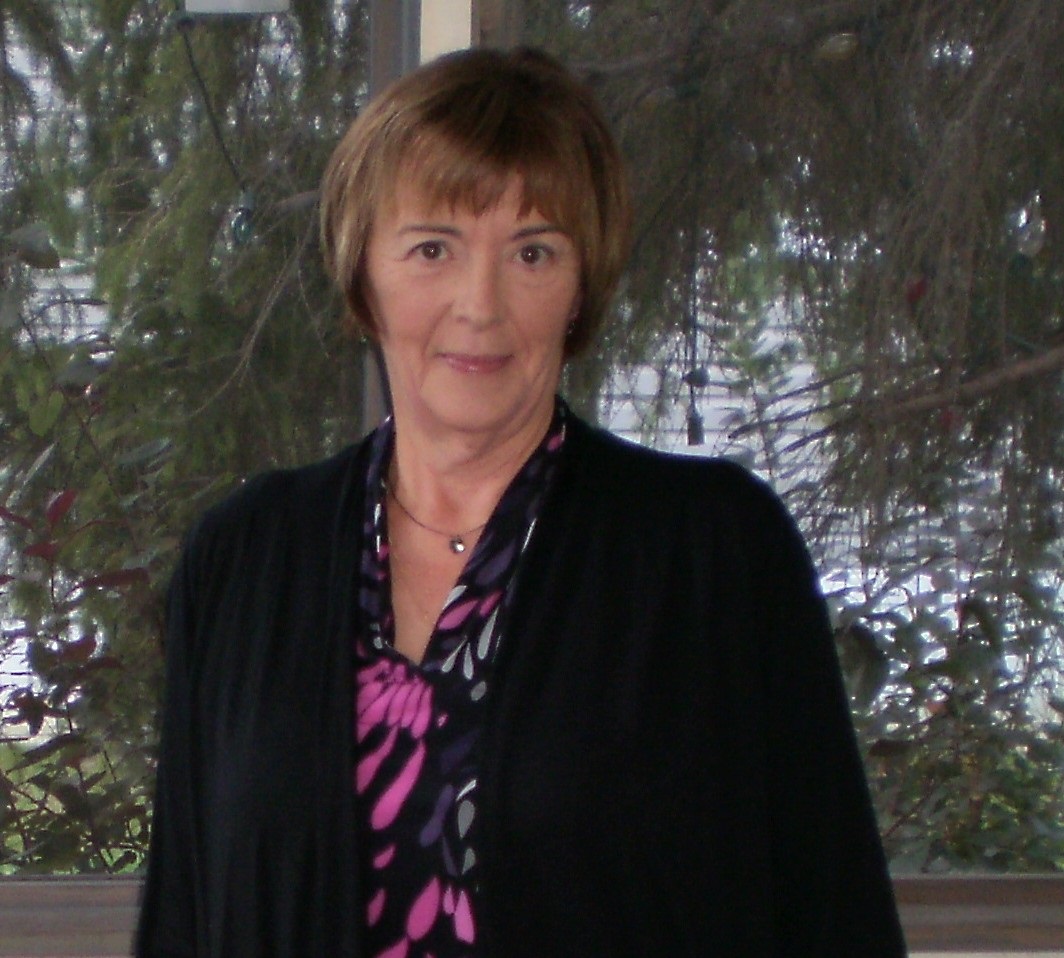Name: Mary MacKeigan
Years with Opportunities Waterloo Region: 10 years
Position: Executive Director
Years with CFICE: 2 years (since inception)
Position with CFICE: Poverty Reduction Hub- Project Partner
Background experience/education: B.A., Social Services Honours Diploma, over 25 years working in the social service field; and first-hand experience of living in different forms of poverty.
Primary Contributions
Project:
Opportunities Waterloo Region initiated ‘Shifting Societal Attitudes towards People Living in Poverty’ in 2007. We brought together community leaders from across Canada to explore what we could do to address this complex problem. The planning partners developed a strategy to examine deep-seated attitudes people hold towards individuals in poverty and develop a comprehensive, long-term plan to shift these mindsets in order to inform policy.
Because of a long-term partnership commitment between Dr. Terry Mitchell, of Wilfred Laurier University, and I, at Opportunities Waterloo Region, research was able to commence in 2011. The beginning phase focused solely on the student population. In the winter of 2012, aided by the CFICE partnership, we shared the initial results, a summary of the Phase 1 research, with the community. Our most important finding to date – students’ attitudes had in fact shifted during the initial research- creating lots of excitement about the implications for the project’s future.
Continuing involvement with CFICE in 2013, the project partners received aid to broaden the scope of the research, including a larger portion of the public. This has included further data analysis, research instrument modification, and conducting online surveys. The next step is to develop workshop material that will share research findings and act as a mobilizing agent for deeper conversations within various sectors of government and community.
Conference Presentations & Publications:
1. MacKeigan, M., Mitchell, T., Stovold, A., Wiese J., and Sayal, R. (May 2014). ‘The Community Responsive University’. Integrated and Engaged Learning Conference; Wilfred Laurier University, Waterloo, ON.
2. Schwartz, K., Pei, N., Galloway, B., MacKeigan, M., (March 2014). ‘Models of Community Campus Partnerships’. Vibrant Communities Canada Gathering; Toronto, ON.
3. MacKeigan, M., Weise, J., Mitchell, T., Loomis, C. (September 2013). ‘Shifting Societal Attitudes towards poverty: Phase 1 Research Findings- Attitudes of University Students in Ontario, Canada’ Opportunities Waterloo Region.
4. Schwartz, K., Weaver, L., MacKeigan, M., Farnsworth, R., Leonard, P. (June 2013). ‘Campus Community Partnerships to Reduce Poverty’. CU Expo 2013; Corner Brook, Newfoundland.
5. MacKeigan, M., Mitchell, T., Wiese, J., Stovold, A., Loomis, C. (May 2013). ‘Shifting Societal Attitudes Towards People Living in Poverty’. 10th Annual Community Conversation Series.
6. MacKeigan, M., Mitchell, T., Schwartz, K., Farnsworth, R., Galloway, B., (Fall 2012). Explaining the CFICE Partnership. McMaster University, Hamilton, ON.
What motivated you to get involved with CFICE?
Opportunities Waterloo Region was approached by the Poverty Reduction Hub’s community co-lead, Liz Weaver, because of the unique partnership research model with Laurier University and our attempt to shift attitudes towards poverty as a way to impact policy. It was an exciting opportunity to partner with a national initiative that aims to increase community strength by learning from the hub projects, to develop best practices for community-university partnerships. An unexpected but welcome outcome of this partnership was the injection of some project funding by CFICE. This funding strengthened our resources allowing for further research and increased outcomes.
What has been your greatest achievement with the project?
The research process has led to the revelation that the act of shifting attitudes might be achieved by advocating for mandatory poverty-related education at all levels, awareness-raising, and using the initial research findings to stimulate deeper community conversations with government and community sectors, rather than needing to completely understand what these deep attitudes are. Another exciting outcome surfaced when a perspective-taking research instrument was used for the second phase of the research. It provided me with a new tool with which to experiment when attempting to shift attitudes through experiential learning. The research information turned out to be more of a catalyst for shifting practices and policy by stimulating people’s thinking to explore on a deeper level and engage in reflective conversations.
How are you hoping to use this in the future?
Waterloo Region has an upcoming municipal election; I am working on developing a toolkit that will aid community leaders in implementing a workshop in which municipal candidates will be invited to attend. This workshop will enable us to stimulate deeper conversations with municipal candidates about societal attitudes towards people living in poverty. I wish to bring these reflections into the realm of conscious awareness in politics and the public. The goal is to positively influence outcomes that will truly benefit those of us who have the least in our society by providing elected officials a moment’s pause to reflect on what attitudes are motivating their decision-making. Ultimately, I hope communities will find the research useful to their goals of shifting public attitudes in order to change voting behaviour.
It is also hoped that other communities will use this or a similar strategy during the 2015 federal elections to bring the conversation about attitudes towards poverty to the national level. And I certainly hope that other community leaders from across Canada will use the research.
